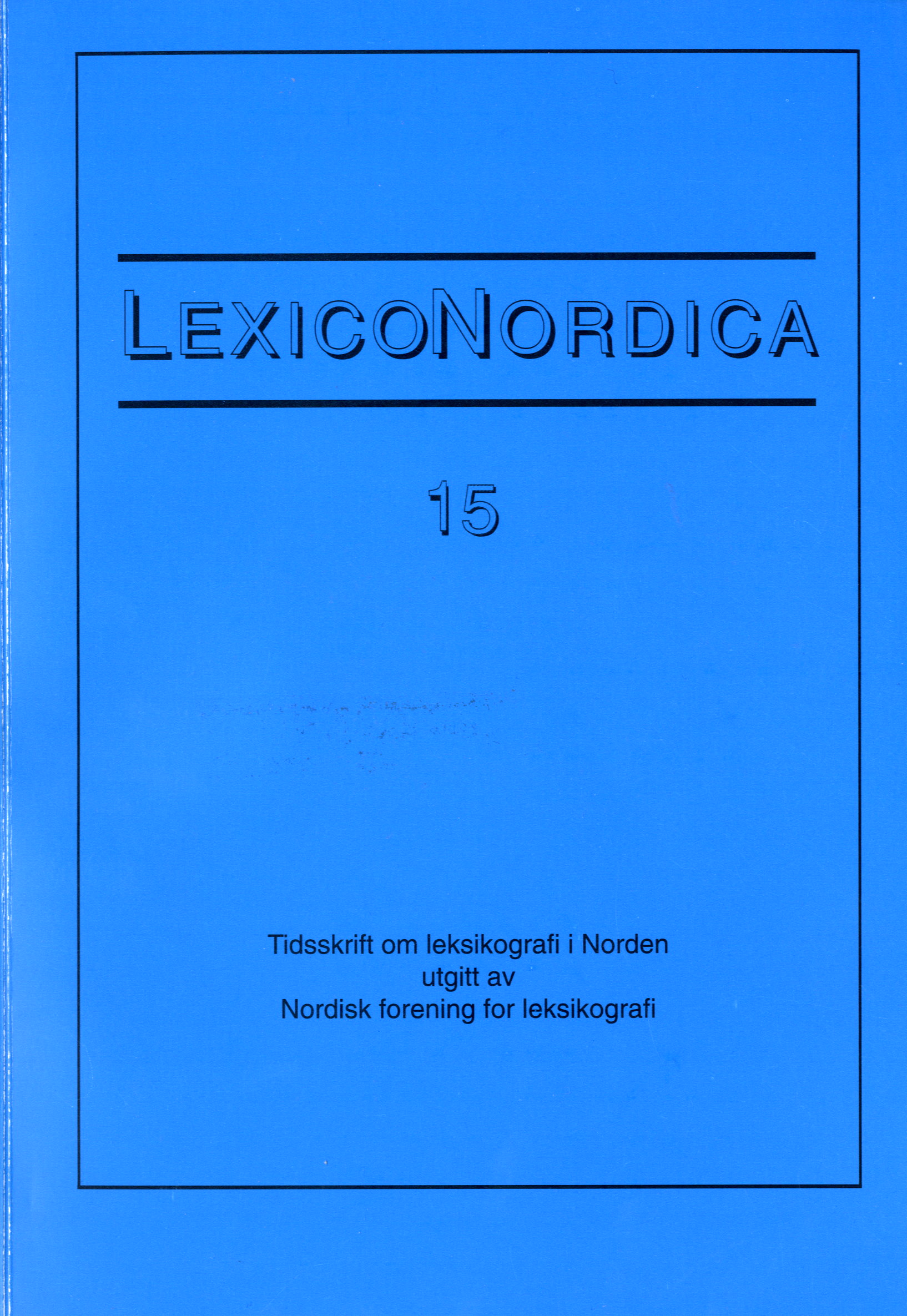Ordbogsbrug og ordbogskultur i Island Undersøgelse af ordbogsbrug blandt islandske modersmålslærere
DOI:
https://doi.org/10.7146/ln.v0i15.18527Resumé
The aim of the project which is presented in the present article, is to gain insight into the status of dictionaries in contemporary Icelandic society. Though Iceland, with only 300,000 inhabitants, must be considered a very small dictionary market, many Icelandic dictionaries of various types, both monolingual and bilingual, have been published in the last few decades. A study of the national curriculum also shows that, from the age of nine, children and adolescents are to be trained in the use of dictionaries, as a part of learning their native language. The main focus in the article is on one of two sub-projects, i.e. a study of dictionary use among teacher of Icelandic as a native tongue. The study was in the form of a questionnaire, which was answered by 83 informants and submitted through the web. The teachers were both asked about their own use of dictionaries and their teaching of dictionary skills. According to the results, the informants in general have a very positive attitude towards Icelandic dictionaries. They frequently use dictionaries themselves, and teach their pupils and students to use them. However, the results are somewhat paradoxical. For example, most informants claim that they most frequently use dictionaries for language production, e.g. when writing. In that situation it might be expected that they primarily needed information on the formal and syntagmatic characteristics of words, mainly to be found in various specialised dictionaries for language use. Nevertheless, the majority said that they most often used general dictionaries, and that they most frequently looked up the meaning of words. This seems to indicate the strong status of traditional, general dictionaries, where the main empasis is usually on semantic features rather than on the formal and syntactic characteristics of words and expressions, and the influence of such well known works on dictionary use in general. Another paradox revealed by the results is that even though the informants teach and encourage their students to use dictionaries in their school work, as they are expected to do according to the curriculum, only a part of the students have direct and easy access to dictionaries in the classroom.Downloads
Publiceret
2008-01-01
Citation/Eksport
Bergenholtz, C., Bergenholtz, H., & Tarp, S. (2008). Ordbogsbrug og ordbogskultur i Island Undersøgelse af ordbogsbrug blandt islandske modersmålslærere. LexicoNordica, (15). https://doi.org/10.7146/ln.v0i15.18527
Nummer
Sektion
Ikke-tematiske bidrag
Licens
LexicoNordica og forfatterne





